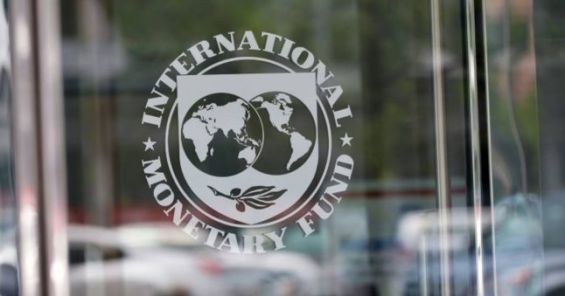The International Monetary Fund (IMF), an organization working to foster global monetary cooperation, secure financial stability and facilitate international trade, has concluded on Wednesday, 13th December, the Article IV Consultation with Morocco, a set of bilateral discussions held after the IMF staff team visits the country, collects economic and financial information, and discusses with officials the country's economic developments and policies.
In a press release published on its official website, the IMF urged Morocco to set up «sound macroeconomic policies and reform implementation», insisting that the latter «have helped improve the resilience of the Moroccan economy, upgrade the fiscal and financial policy frameworks, and increase economic diversification».
The IMF assessment
According to IMF, Morocco’s economic growth «has picked up in 2017 and is expected to reach 4.4 percent», adding that the unemployment rate increased to 10.6 percent during the third quarter of the current year. However, youth unemployment is significantly high, standing at 29.3 percent.
The organization also commented on the kingdom’s imports and exports stating that : «Morocco’s global environment, particularly the stronger recovery in Europe, and strong export growth (6.5 percent), mostly due to the good performance of food product and phosphate and derivatives exports».
On the other hand, IMF insists that public spending on wages remains low compared to tax revenues which performed better than expected. For the banking sector, the institution welcomed the financial stability of Moroccan banks.
A delayed reform plan
However, the IMF report comes as Morocco promised at the beginning of 2017 to adopt a new more flexible exchange regime measure, a step that was highly recommended by the international financial organization.
For the record, the decision announced earlier this year was met with mixed reactions. In June, while fearing a potential devaluation, economic operators and banks rushed into converting their assets into hard currencies resulting in a potential future crisis that was affecting the process taken by the Moroccan Central bank.
Responding to that, Abdellatif Jouahri, the governor of Bank Al-Maghrib stated during the Central bank's board meeting organized on the 20th of June that «the date of the first phase of the plan to liberalize the Dirham currency will start by the end of June but the reform program does not include devaluation».
The Central Bank has postponed announcing the first phase of the reform without explaining the reasons behind the delay.





 chargement...
chargement...













